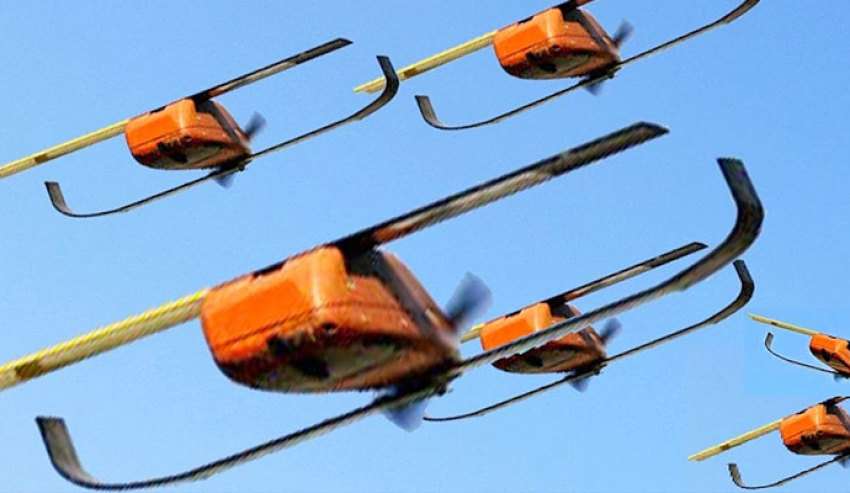More than 50 leading artificial intelligence and robotics researchers from 30 different countries have declared that they will boycott all contact with KAIST, South Korea’s top university, after it opened an AI weapons lab in collaboration with Hanwha Systems, a major arms company that builds cluster munitions.
The boycott comes in advance of a meeting of 123 member nations of the UN in Geneva next Monday discussing the challenges posed by lethal autonomous weapons, often called “killer robots”. Twenty-two of these nations have called for an outright and pre-emptive ban on such weapons.
"At a time when the United Nations is discussing how to contain the threat posed to international security by autonomous weapons, it is regrettable that a prestigious institution like KAIST looks to accelerate the arms race to develop such weapons," the letter announcing the boycott states.
KAIST (formerly the Korea Advanced Institute of Science & Technology) is South Korea's leading research university, ranked 46th in the world in the QS World University Rankings. KAIST has 60 professors working in AI. The Korean Times recently reported that the Research Center for the Convergence of National Defense and Artificial Intelligence was opened on 20 February.
Hanwha Group is one of the largest business conglomerates in South Korea. It was founded in 1952 as Korea Explosives Co. Hanwha is involved in the production of cluster munitions, which are prohibited under the UN Convention on Cluster Munitions. While over 100 nations have signed the Convention on Cluster Munitions, South Korea is not one of them.
"We therefore publicly declare that we will boycott all collaborations with any part of KAIST until such time as the president of KAIST provides assurances, which we have sought but not received, that the center will not develop autonomous weapons lacking meaningful human control," the letter reads.
The researchers said autonomous weapons without this "meaningful control" could be the next revolution in warfare.
"If developed, autonomous weapons will be the third revolution in warfare," the letter reads. "They will permit war to be fought faster and at a scale greater than ever before. They have the potential to be weapons of terror. Despots and terrorists could use them against innocent populations, removing any ethical restraints. This Pandora's box will be hard to close if it is opened."
Signatories of the new letter include representatives from Austria, Belgium, Brazil, Canada, China, Denmark, France, Germany, Greece, Hong Kong, Iceland, Ireland, Italy, Japan, Lebanon, Luxembourg, Mexico, the Netherlands, New Zealand, Norway, Poland, Portugal, Slovenia, Spain, Sweden, Switzerland, Taiwan, the UK, the US and Australia.
Toby Walsh, scientia professor of artificial intelligence at the University of New South Wales, organised the boycott, as well as open letters that were released in 2015 and 2017 warning of the dangers of autonomous weapons. These previous letters were signed by thousands of researchers in AI and robotics working in universities and companies around the world.
"Back in 2015, we warned of an arms race in autonomous weapons," said Walsh. "That arms race has begun. We can see prototypes of autonomous weapons under development today by many nations including the US, China, Russia and the UK. We are locked into an arms race that no one wants to happen. KAIST’s actions will only accelerate this arms race. We cannot tolerate this.
"I strongly support the call by many humanitarian and other organisations for an UN ban on autonomous weapons, similar to bans on chemical and other weapons. I am hopeful that this boycott will add urgency to the discussions at the UN that start on Monday. It sends a clear message that the AI and robotics community do not support the development of autonomous weapons. Any other university planning to open a lab in this space needs to think again."
Walsh, author of It’s Alive!: Artificial Intelligence from the Logic Piano to Killer Robots, which covers the arguments for and against lethal autonomous weapons in detail, will be going to Geneva next week to attend the CCW meeting at the UN at the invitation of Human Rights Watch.



